On Being a Rent-a-Friend
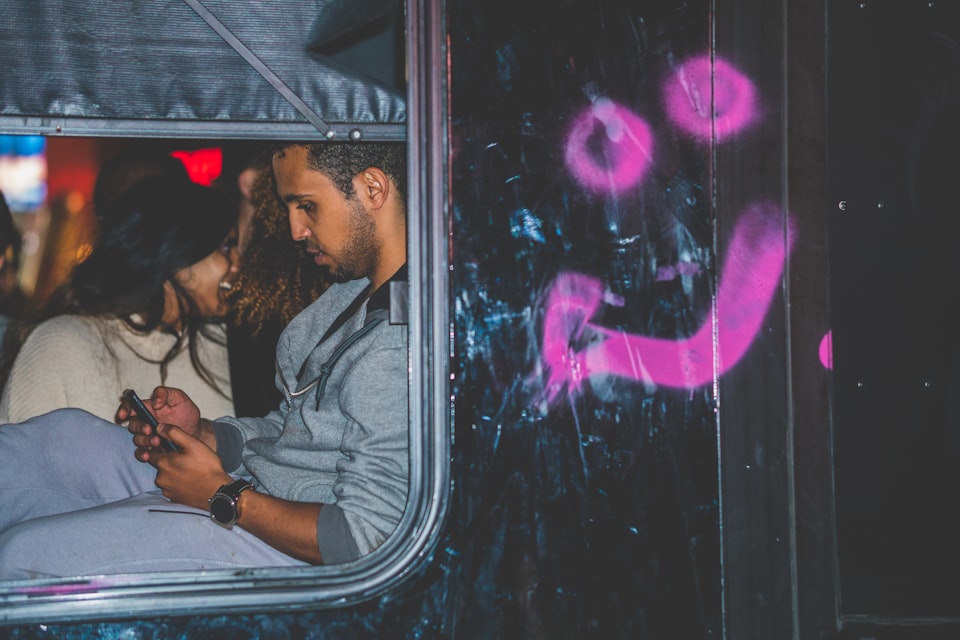
Therapy is a relationship & relationships can be therapy
“So, tell me about yourself.”
I am a psychotherapist in Toronto, and my first task when meeting a new client is to find out who they are. What’s their story outside the problem that brought them to therapy? It’s awkward at first. There’s some squirming, dipping into and then out of the problem as the answerer threads their story into and around the issue they feel obligated to talk about. There’s no science to this intro part of my job. Once the sometimes awkward dance is done, the beginning of a relationship is formed. The person’s initial, unscripted struggle of a story meets my receptive ear and creates a bridge for what will happen over the next sessions.
The key question Common Pursuits poses, how do we live well together, is applicable across all spheres of life. Professionally, successful counselling relationships are a form of living “well together”. While there’s a lot of science and technique that goes into good therapy, it’s not worth as much as the relationship. That relationship, known as the therapeutic alliance, is often pointed to as the most crucial factor in a client’s success. This seemed counter-intuitive to me at first. Wouldn’t knowledge, or coping skills, or some special mental health do-hickey (think pink salt rocks and sand trays) be the secret to getting better? Apparently not. Numero uno is the relationship that gets established between two total strangers who see each once a week for an average of 8-15 weeks. There is something so significant about that relationship that it is actually healing. Anxiety can be calmed, relational distress soothed, and shameful addictions shared and left behind.
One critical aspect of a successful counselling relationship is that it becomes just that: a relationship.
I’ve heard people call counsellors rent-a-friends. It stung at first. “Hey, I went to school for this! And besides, you probably should be paying me to be your friend!” Though really that little dig reveals a lot about how we do community and friendship. We hide, protect, and project with those closest to us. It could be that we have amazing friends, but are so afraid to share our pain or shame with them that we hardly get to experience that friendship. We operate like an embodied Facebook feed, only posting what we are sure others want to see. It’s possible to go through life never knowing if those we cherish accept us as we truly are.
Or, perhaps, we simply don’t have access to the kind of person who could offer kindness to our deepest struggles. There are many pursuits we are called to engage in that keep us from making deep, meaningful friendships. Parenting, long hours at work (complicated now by COVID-19), and the draw of endless internet entertainment all get in the way. There’s an almost endless stream of little connections that remain surface level, and it’s possible to not even notice one’s emotional isolation until a crisis hits.
So, respect the rent-a-friends, we’re professionals, but we’re not the only ones who can get the job done. Keep an eye out for the real friend. The brother who truly sees you. The sister who calls with an open ear. The friend who can talk shop but also hear about pain. If you look and don’t see them, is there something you can do about it? There are peacemakers out there that can live well with you. Blessed peacemakers available— whether next door, down the street, or in our neighbourhoods—for the price of starting a conversation and sharing deeply.
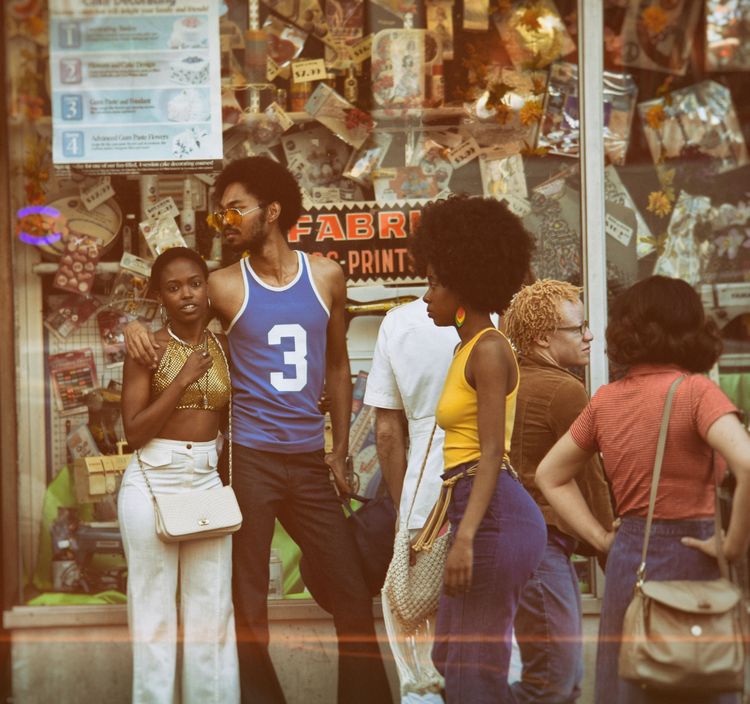
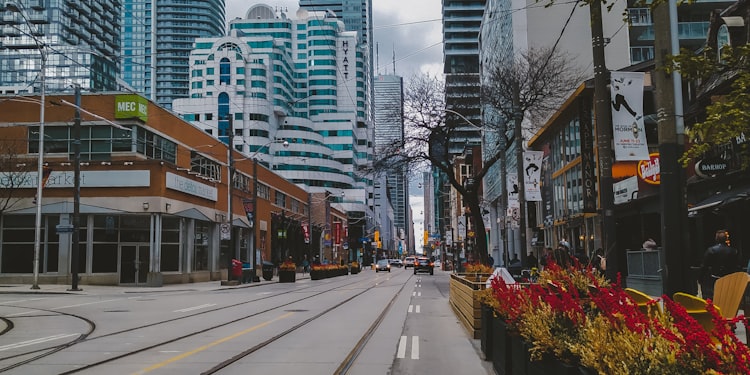
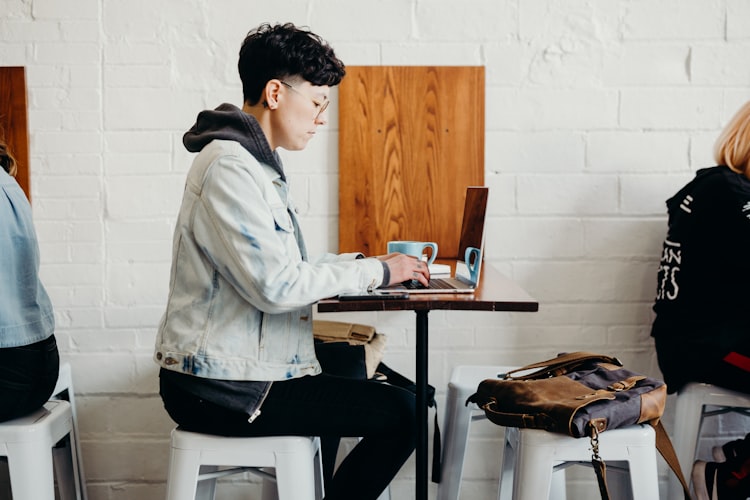
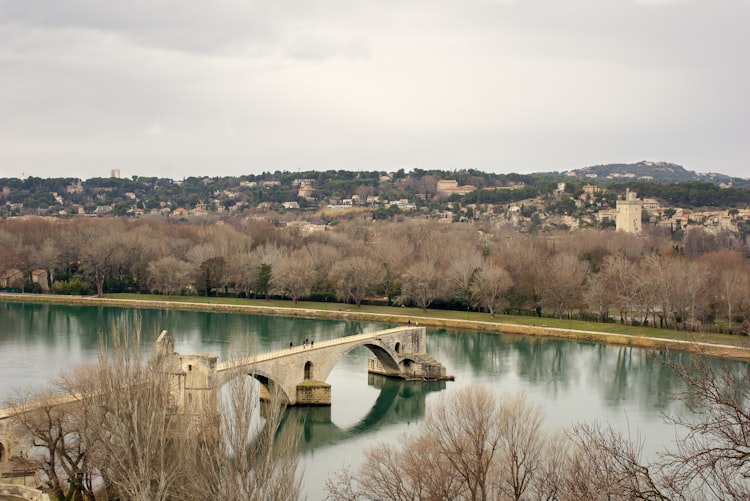
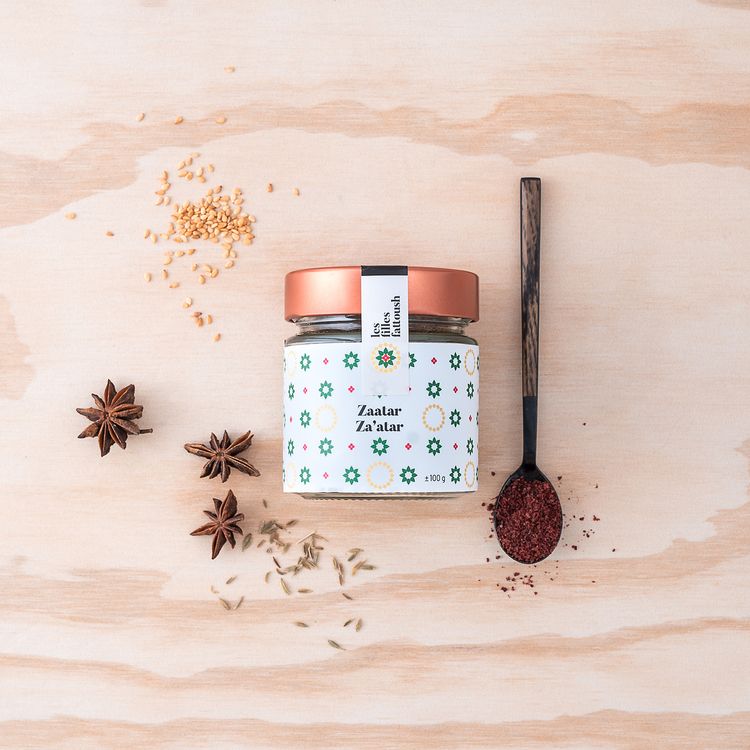
Member discussion